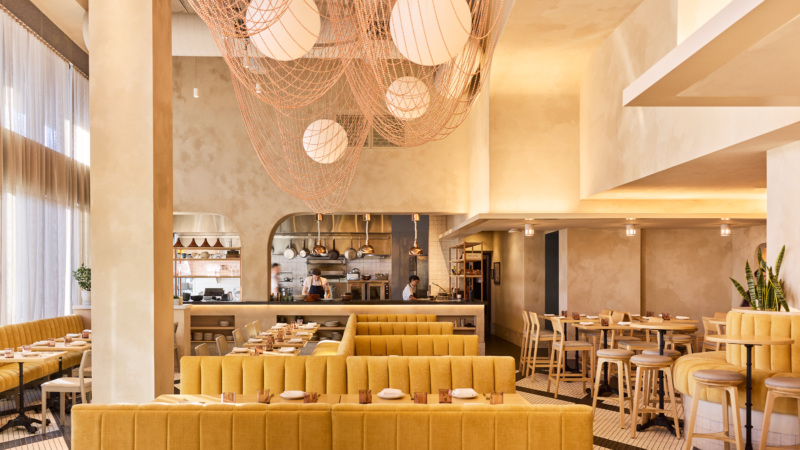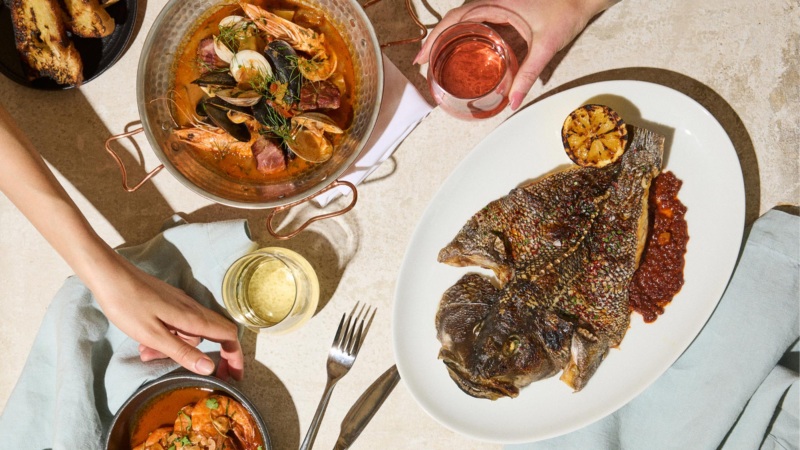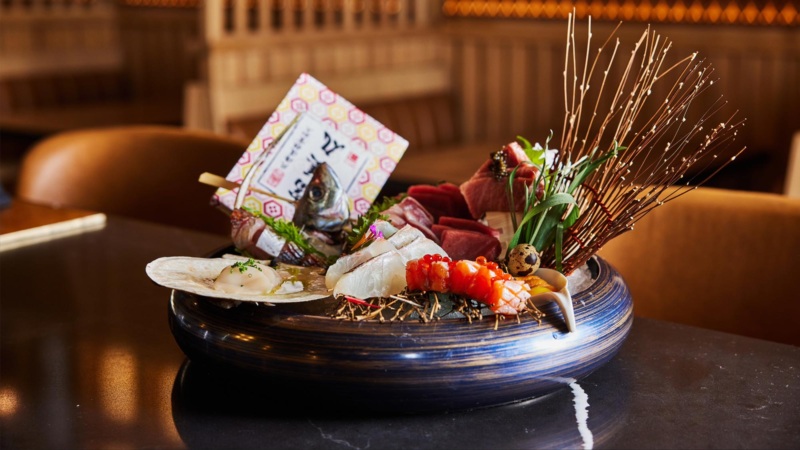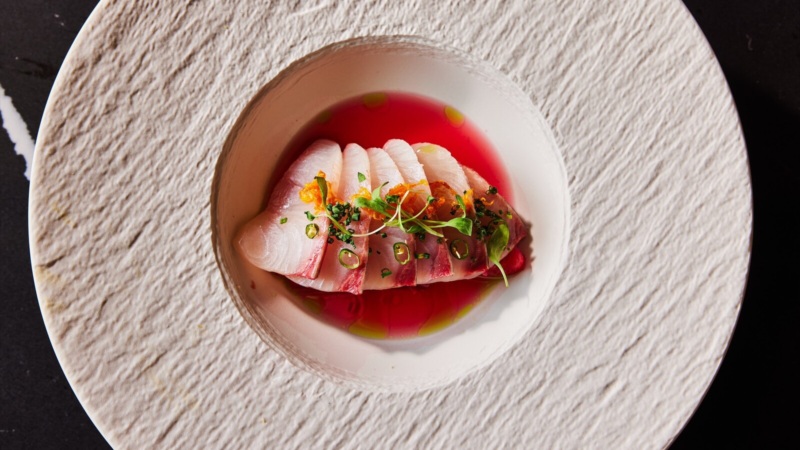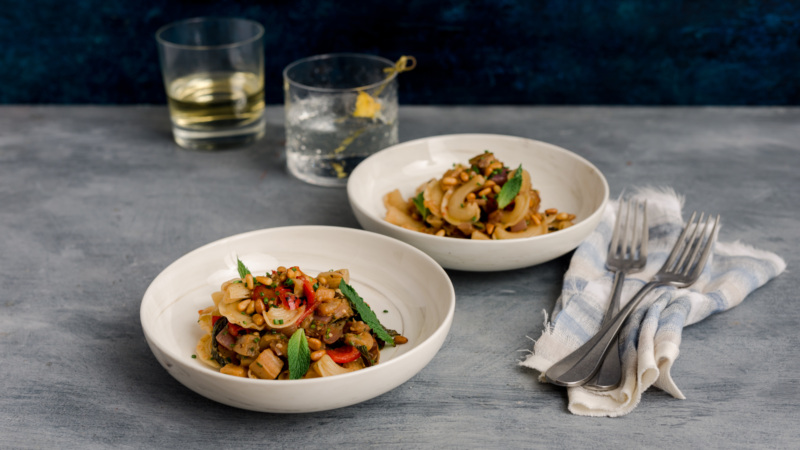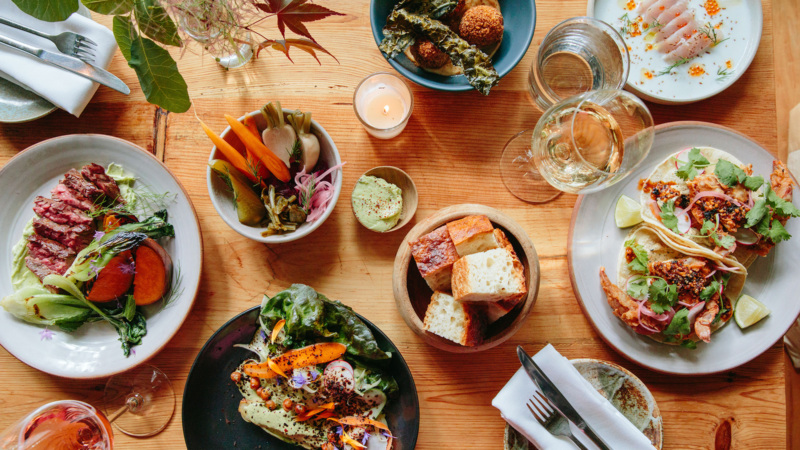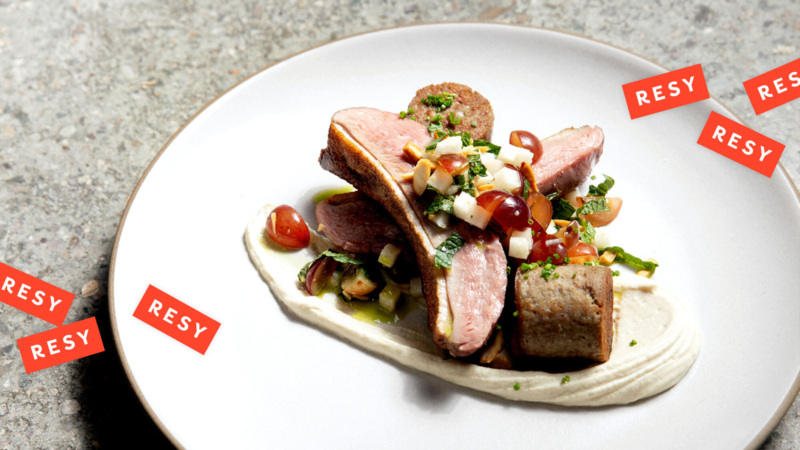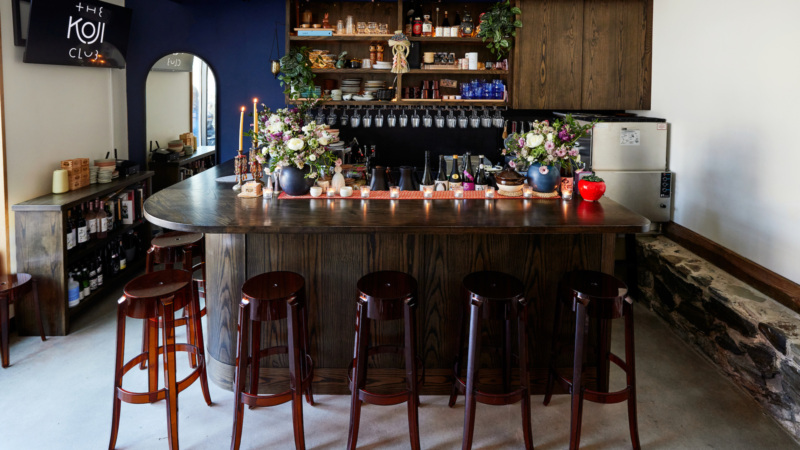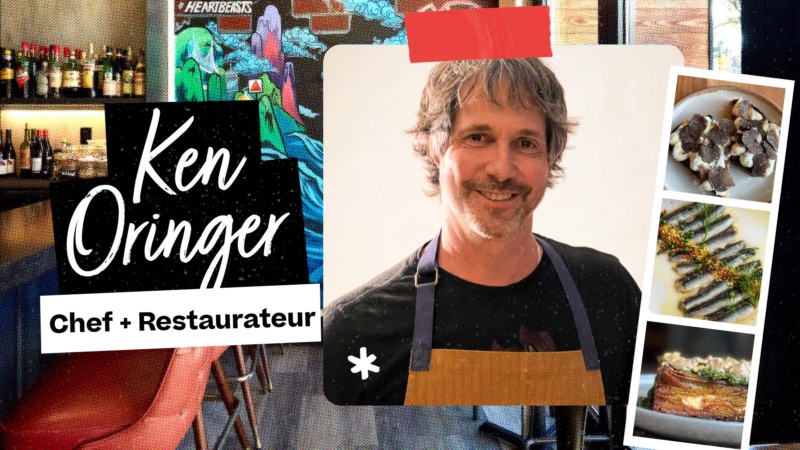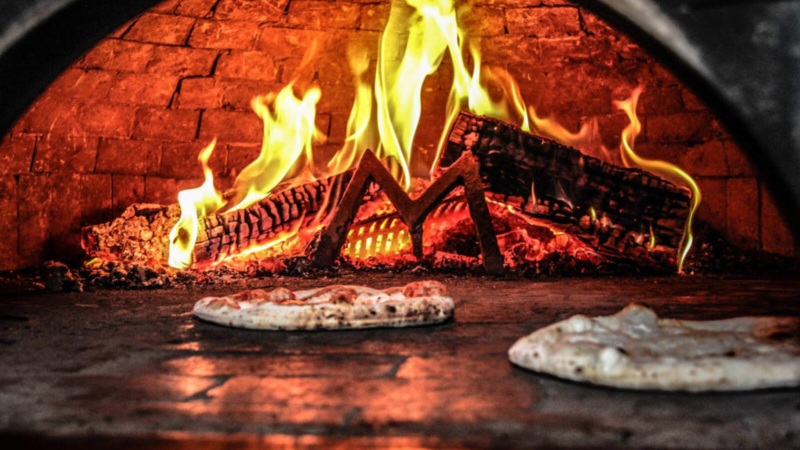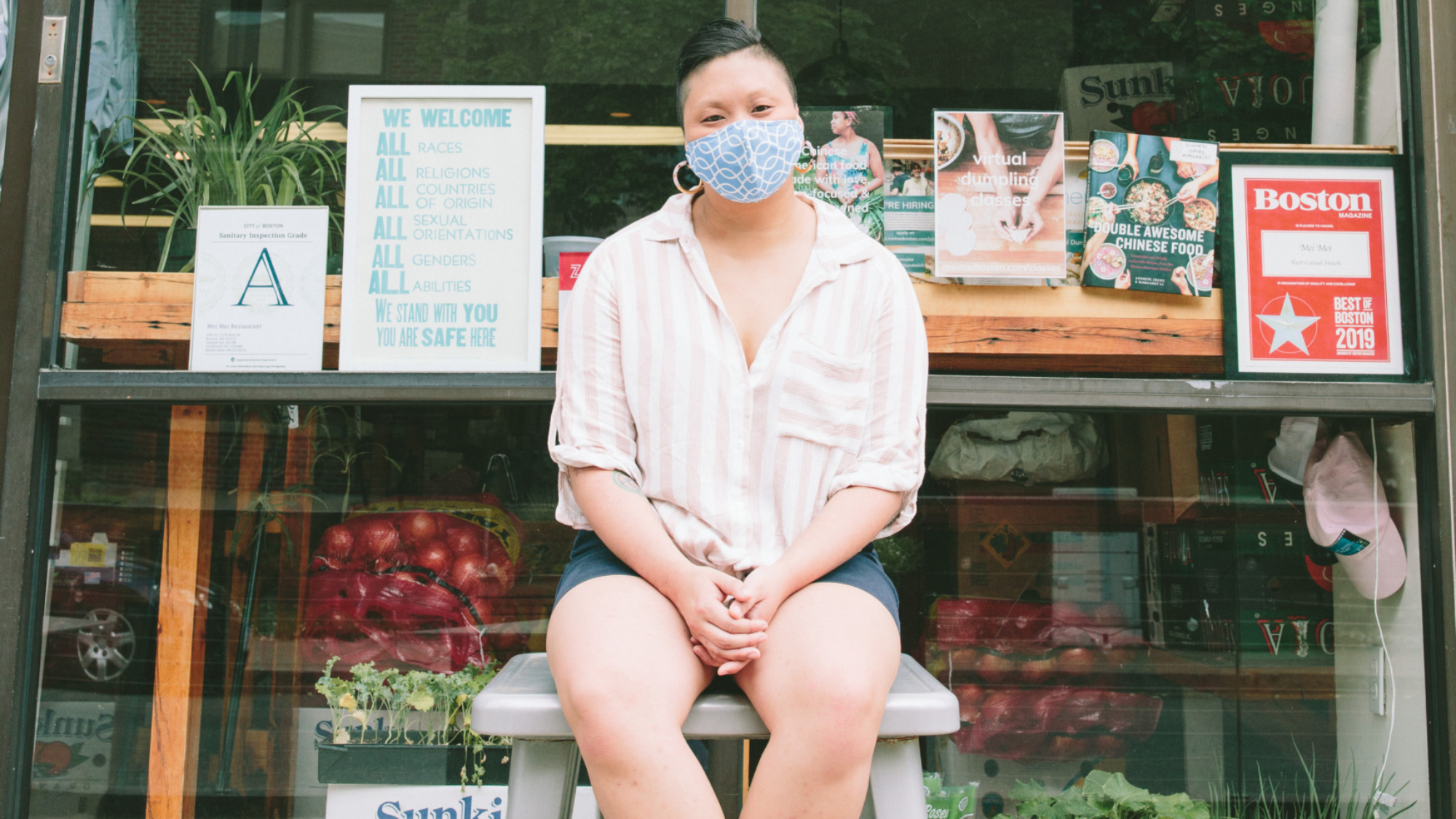
For Irene Li, Transparency Is the Restaurant Industry’s Path Forward
Not very many business owners will open up their books to you, literally. But that’s exactly what Boston chef Irene Li did earlier this year, before an audience of 100 guests and countless others online. She hoped it would help diners better understand what impacts a restaurant’s bottom line and, in turn, start a dialogue between guests and restaurateurs that would lead to better dining experiences.
That commitment to education and transparency has always been a guiding principle for Li, who owns Mei Mei in Boston. For the past three years, she’s also shared her profit-and-loss statements with her employees every four weeks.
While the pandemic upended what Li thought she knew about running an ethical, sustainable business, it also reinforced her original hypothesis: that if diners better understood how restaurant finances worked, they’d have better dining experiences.
“I think that there’s a lot of attention on how people spend their money right now, both with regards to the pandemic and with regards to racial equity and then also, of course, with regards to politics,” Li says. “I think that that might be one of the silver linings of this: that consumers are paying a lot more attention right now.”
Making things better for those who work in restaurants is another thing that weighs heavily on her mind. For Li, transparency means owners, herself included, need to start having hard, honest conversations with themselves.
Li says she’s thought often about how some restaurants, including her own, have benefited from an unfair system. And that the only way to make things better for all is to divest from that system.
“Now is a really hard time to think about giving things up as a business because we’re all hurting so much,”Li says. “I think some of us have to take on the machine and say, ‘I want to be a part of the new world.’ There will be sacrifices involved in that.” For example, one thing open-book management did not prepare Li for was a scenario in which keeping her business alive, and keeping her employees and diners safe might be mutually exclusive.
While open-book management meant she was able to “talk to staff in a very real way about finances,” that didn’t make it any easier to lay off 14 employees, 60% of her staff, at the end of June.

Though she could potentially bring in more revenue by opening Mei Mei for on-site dining, she won’t currently entertain the idea. “There are workers who have fallen ill and have died and we are still kind of going about business as usual in a sense, and that definitely disturbs me on a personal level,” she says. “I’d rather lose the business than live with someone’s blood on my hands, especially an employee and certainly, a guest.”
Li recognizes this is a choice not every restaurant owner could make. “But if privilege gives you better choices,” she says, “you should probably make those better choices rather than pretend we don’t have them.”
But no matter what happens, she’ll remain open about where she stands. And throughout, she’ll stay committed to making sure her business continues to serve the community, even if Mei Mei doesn’t resemble the restaurant it has been for the past six years.
Recently, she wrote that she didn’t know if her dining room “will ever reopen.” For Li, the new Mei Mei could be a packaged dumpling company, or a virtual events hub, or catering business, but it will “almost certainly not” be a restaurant in the traditional sense.
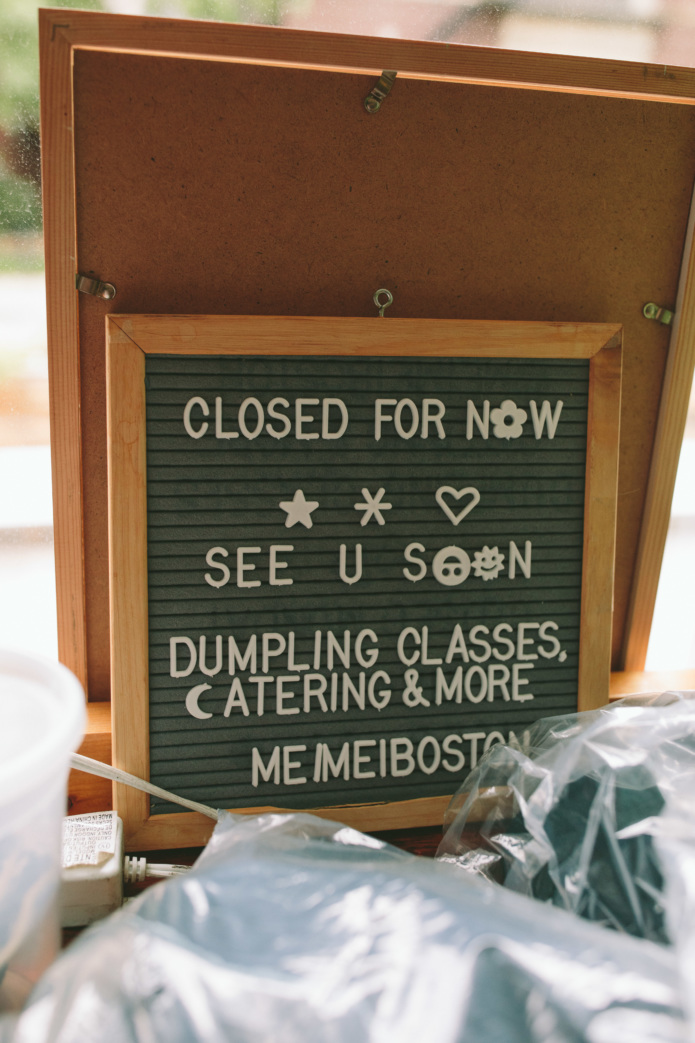
Already, she’s seen Mei Mei become more than just a place that serves food. With virtual classes, her team teaches diners around the world to make dumplings, to hand-pull noodles, and to perfect the art of fried rice.
“I feel like the classes are able to fill this role that even coming to the restaurant never fulfilled,” she says. “We have always wanted to be a business that was focused on enhancing the relationships between people and their food, which doesn’t mean we always want to be the ones feeding you.”
In a way, it’s a continuation of what Li sought to do earlier this year when she opened her books: help diners become more conscientious consumers. It’s something she doesn’t plan to stop doing anytime soon.
Deanna Ting is a Resy staff writer. Follow her on Instagram and Twitter. Follow @Resy, too.
- Why This Chef Wants Diners to Know Everything About Her Business
- Five Major Ways Dining in America Has Already Changed
- What Will the American Restaurant Industry Look Like After the Coronavirus Crisis?
- The Value of Restaurants Goes Far Beyond the Dining Room, Even More So in a Pandemic Era
- Tear Down the Restaurant Industry? Virtue’s Erick Williams Would Rather Lead By Building From Within

